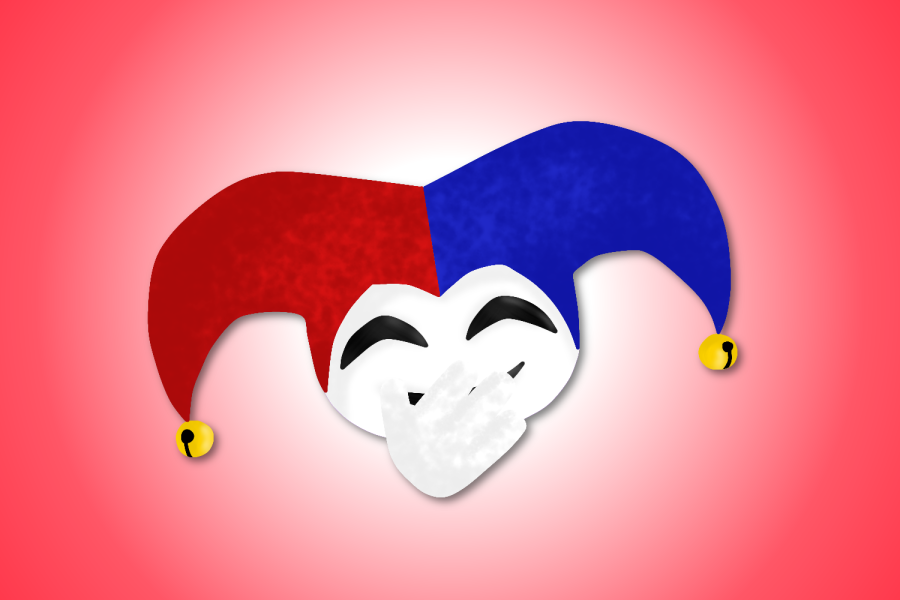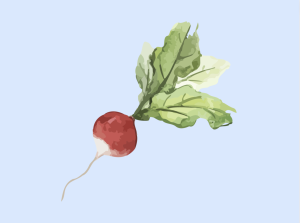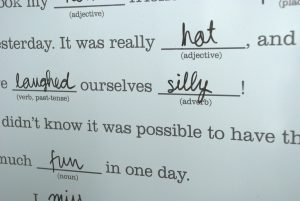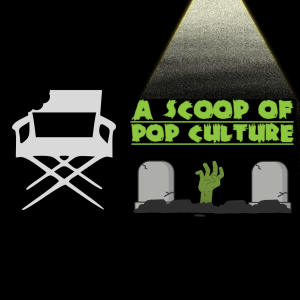The history of April Fools
Something funny is going on here…
April 18, 2022
Did you know that April Fools Day originated from the Roman empire? During Emperor Constantine’s rule, a group of court jesters had managed to convince him to make one of them king for a day. He agreed. The appointed jester, Kugel, decided therefore to use the day to celebrate all jokers from then on, and the beloved holiday was put in place.
April Fools!… About two weeks too late. But hey, they say the best jokes are the ones you never see coming, so consider this purposeful. This was actually a hoax written by the Boston University professor Joseph Boskin on Associated Press in 1983. The article was pulled soon after, but still made for a good laugh. The true origin of April Fools is much more elusive than that. So let’s get down to some (funny) business, and start discussing the downright, serious history of the most humorous holiday of the year.
For those of you who don’t know what April Fools is (meaning you were lucky enough to go your entire life without being mercilessly pranked) it’s a holiday celebrated worldwide in which people will pull amusing tricks on each other for laughs. For my brother, “amusing” would mean secretly hiding an alarm clock under my bed set to go off at four a.m. causing me to tear my room apart trying to find the source of the beeping. But don’t worry, I got him back by hiding his Playstation until he apologized.
April Fools is full of those kinds of pranks and mischief, though has no clear beginning. No one can remember how this tradition ever started. Even so, the origin of this fun holiday may be a mystery, but we can still find stuff to talk about.
Some historians have managed to date April Fools back to at least Renaissance Europe, but it’s more likely that the customs go even further back. It’s possible that the holiday may have connections to the Roman festival, “Hilaria”, when people would commemorate the resurrection of the vegetation god, Attis, near the end of March by dressing up and imitating others for a laugh. This theory is considered the most commonly accepted, but there are still people who share their doubts.
Other theories include that April Fools came from the classic Feast of Fools, taking place during medieval times where people would elect mock leaders of the church. Some also believe that it originated during the 16th century when France switched from the Julian calendar to the Gregorian calendar. Those who refused to accept that the new year was now January 1st, and continued to celebrate in April, were called fools and had paper fishes placed on their backs to symbolize easily caught fish, otherwise known as a gullible person. This tradition is continued in France to this day, known as “Poisson d’Avril” (April Fish).
April Fools started becoming popular throughout Europe during the 18th century, and since then, different countries have different ways to celebrate. Scotland’s tradition involves a two-day event, starting with “hunting the gowk,” in which people are sent on fools errands (“gowk” is a word for a cuckoo bird, referring to a clueless person) followed by Tailie Day, where people need to pay extra attention to their backsides, as to not to be pranked by being pinned by fake tails or “Kick Me” signs; People in Ireland are considered foolish if they continue to play pranks past noon, same with Britain; There’s a superstition in Greece which states that those who can successfully pull off tricks will have good luck throughout the year. All over the world, there are several iterations of the classic “April Fools!” which follow jokes such as fake news, sudden appointment changes, or any other white lies.
It often comes as a surprise to learn that such a widely popular holiday is not technically a national holiday, but it doesn’t really make any difference. So many cultures all worldwide have their own version of April Fools that anyone recognizes it as a special day for practical jokes and fun tricks. Now that you know how long people have been pulling pranks on this special day, can you be sure any of what you’ve read is true?
a








